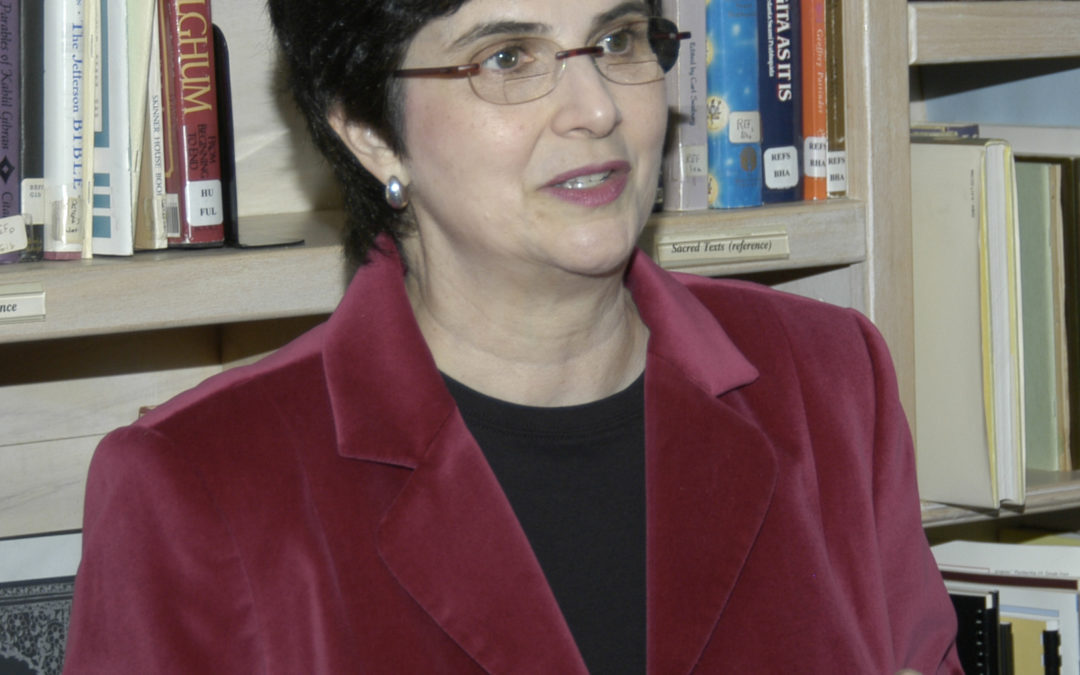It’s amazing how many things have come together for me while drafting my third book, Talking about Touchy Topics. Seems like the Law of Attraction is working, the Universe says, “Yes, you got it. Now is the time for this book.” People who might be helpful in one way or another, reference materials, real-life examples, online communication platforms, all dropping right into my path.
One such drop in is a landing page, “Stand Up to Bullying with Ian McKellen.” If you don’t recognize this renowned actor by his real name, you might know Ian McKellen as Gandalf, Magneto, James Whale, King Lear, or many other characters.[1] “Stand Up to Bullying” is helping me in several ways, and I have a hunch it will help many of my readers as well.
This landing page provides links to articles and videos about bullying. Some of the linked articles, particularly those in Psychology Today, link additional articles in sidebars. The information on bullying is organized into three sections: “How to Spot Bullying,” “How to Stand Up to Bullying,” and “How to Stop Bullying.” There is a fourth section with more info about Ian McKellen.
This material has contributed to my book in progress as well as to my own life. Sexual harassment and assault in workplaces serve as my book’s primary example of a Touchy Topic that’s difficult to talk about. “Stand Up to Bullying” confirmed my idea that sexual harassment and assault are forms of bullying. The negative effects for survivors of sexual mistreatment resemble those for other kinds of bullying.
I experienced several different types of gender-based mistreatment in a former workplace. Some of it was specifically sexual in nature, some was not. But I now know that all of it was bullying. I now have a word for it, a word that clicks with me. I finally understand why bullying that was not, strictly speaking, sexual, but was gender-related, left me with the same after effects, and every bit as severe.
I wasn’t just “too sensitive.” I wasn’t just trying to get into the kitchen, but “couldn’t stand the heat.” I realize now that the “heat” of a humiliating practical joke on one who is not a member of the boys’ club is different–in character and magnitude–than when played among the members themselves.
Indeed, excluding a woman of similar profession or rank from the club (where many of the decisions are made before the official meetings), isolating her from collegial cooperation or comradery, are also forms of bullying.
As I continue this project, I hope the “How to Stop Bullying” section of the McKellen landing page will provide me with ideas to enhance the how-to-talk-about-it aspect of my book.
I’m sure I’ll return to “Stand Up to Bullying” often, reread the material and discover any new additions that might be posted from time to time. I feel certain that many of you will find it helpful as well.
________________
[1] Many critics consider Sir Ian McKellen the finest actor of his age. His professional awards and achievements are too numerous to list here. He was knighted for his contributions to the arts, charitable projects, and social activism for LGBT+ rights. Even better, he was appointed Companion of Honour (CH), for his services to drama and to equality. This Order includes only 65 members (plus the British monarch) at any given time. So a current member has to die before the monarch can appoint a new one. (The population of Great Britain is a little over 66 million.)

